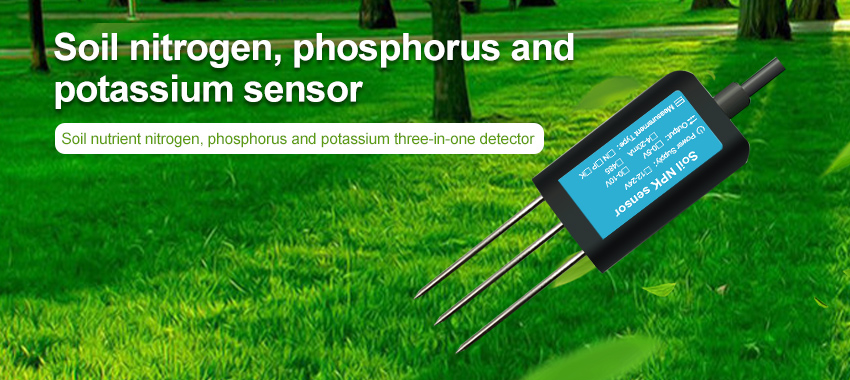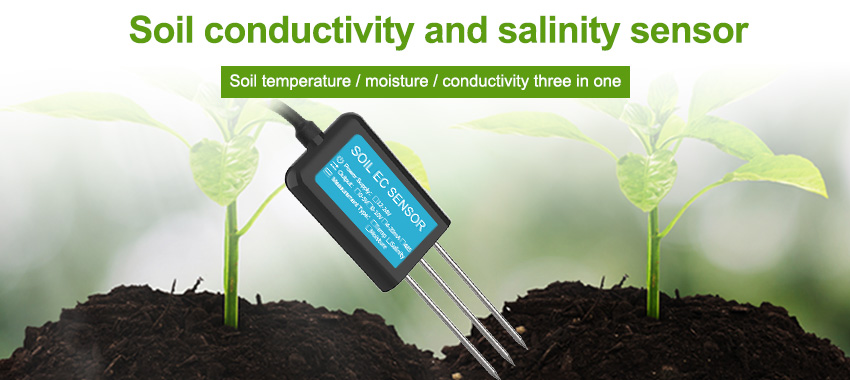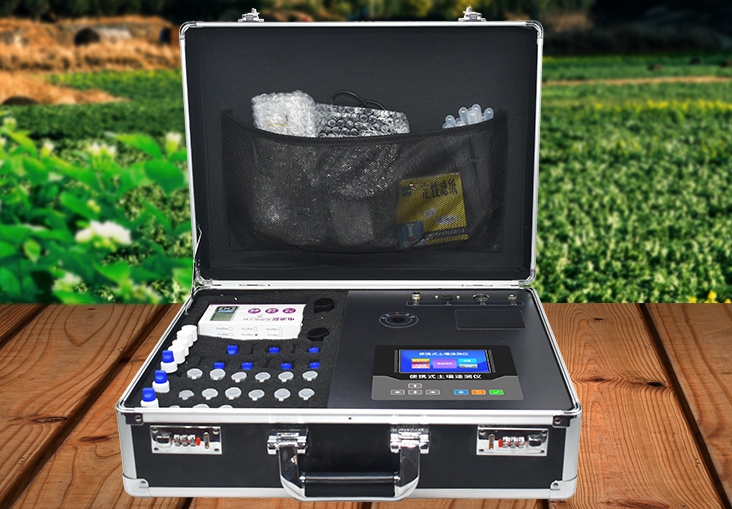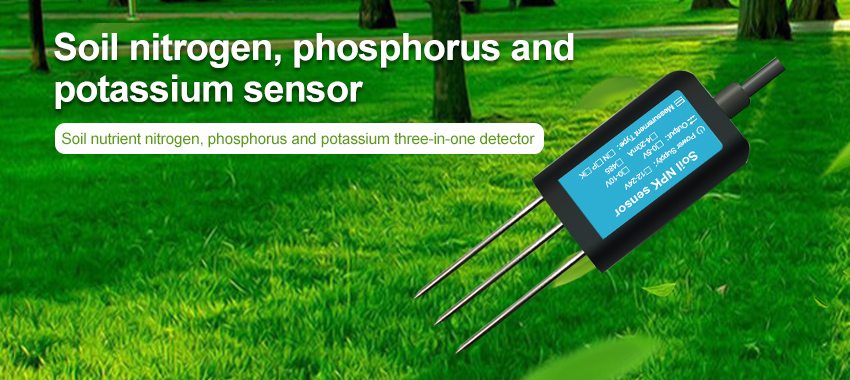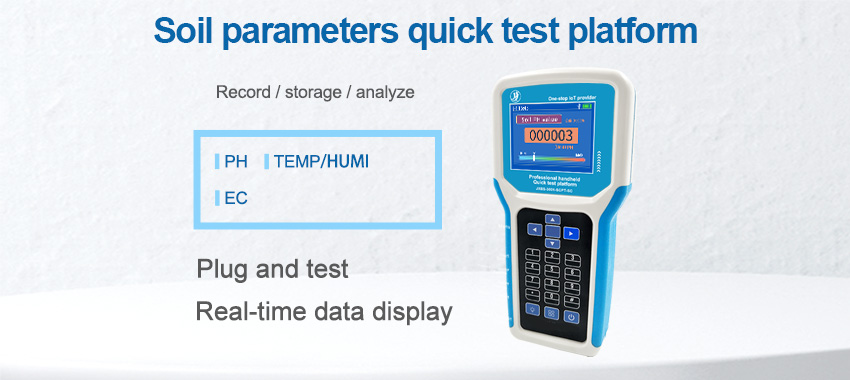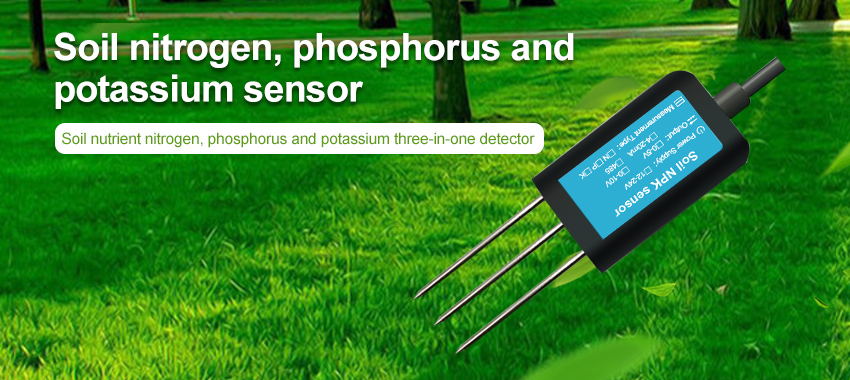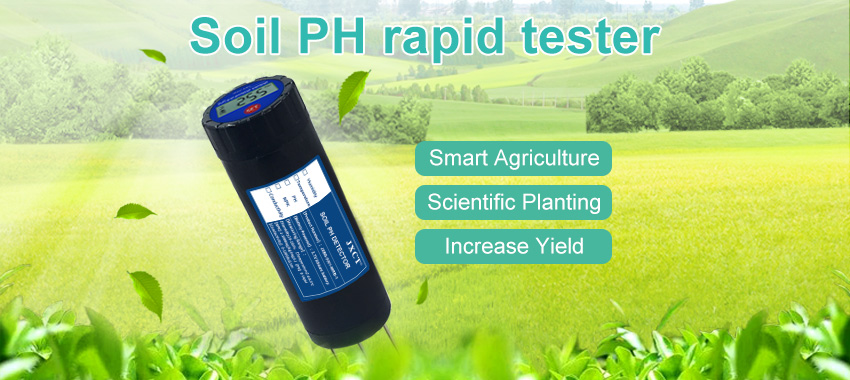Harnessing the Power of Soil Sensors for Precision Farming
Precision farming, also known as precision agriculture, is a modern approach to farming that leverages advanced technologies to optimize crop production while minimizing environmental impact. One of the key components of precision farming is the use of soil sensors, which play a crucial role in providing valuable data on soil conditions and guiding farmers in making informed decisions regarding irrigation, fertilization, and crop management. In this article, we will explore how soil sensors are revolutionizing precision farming and transforming agricultural practices.
Harnessing the Power of Soil Sensors for Precision Farming Read More »
